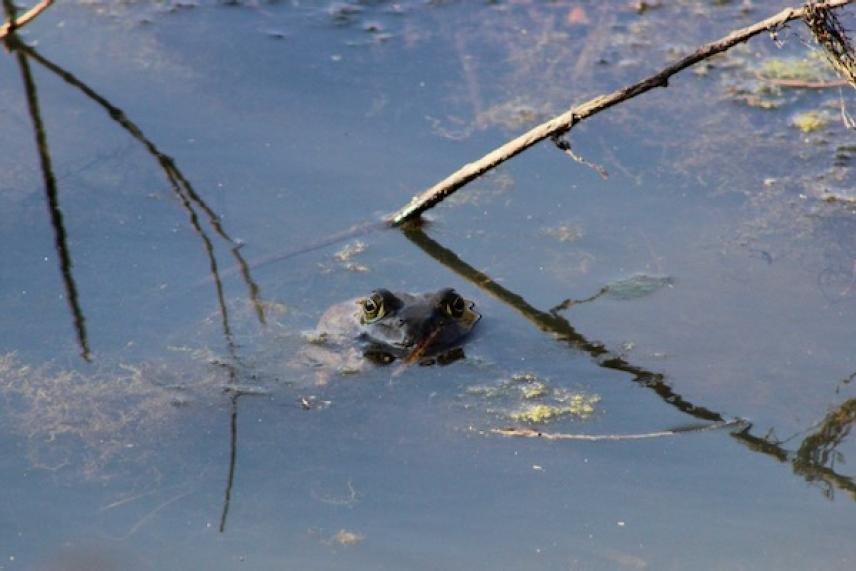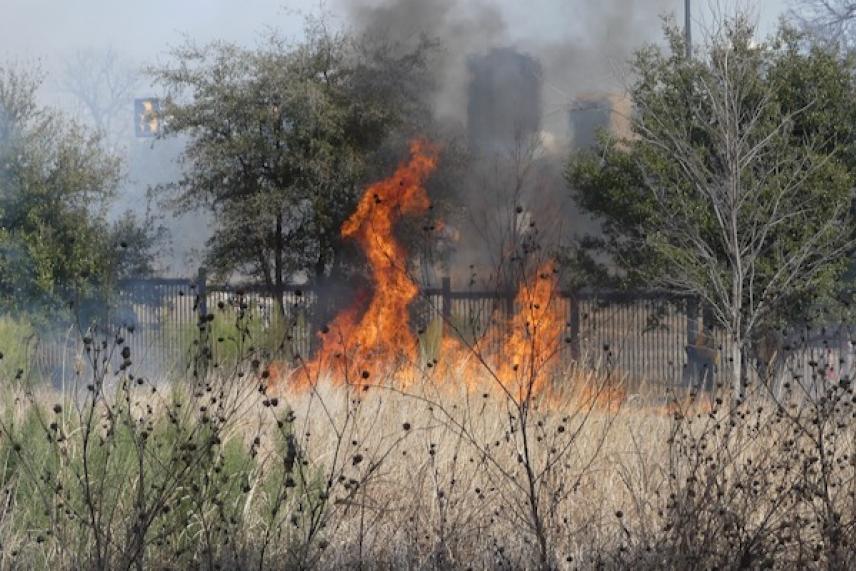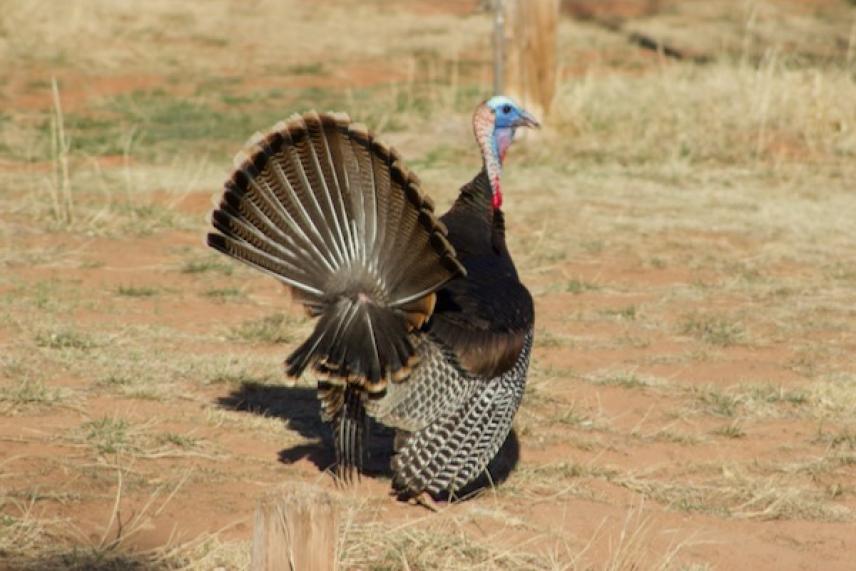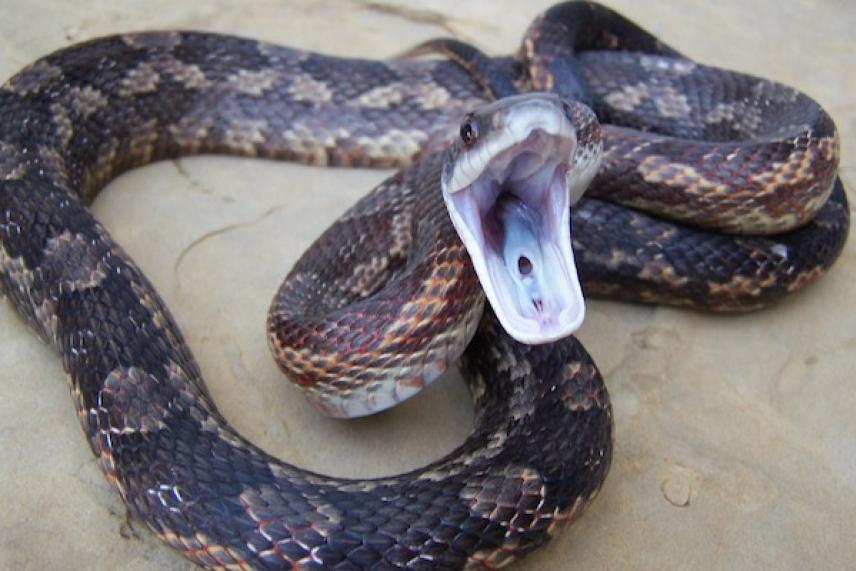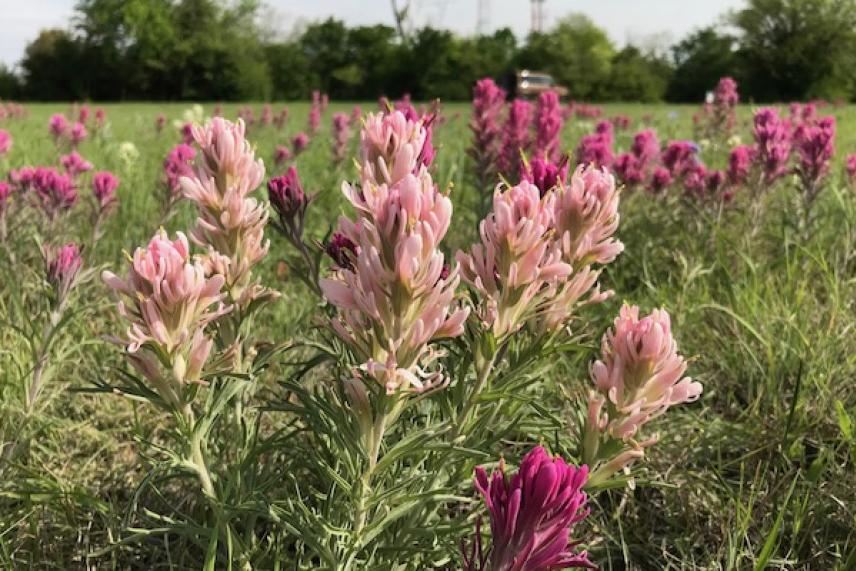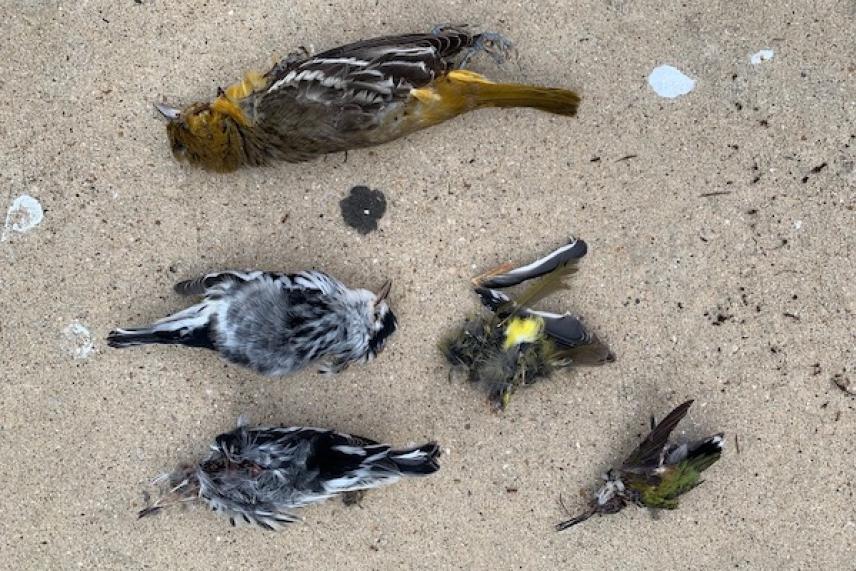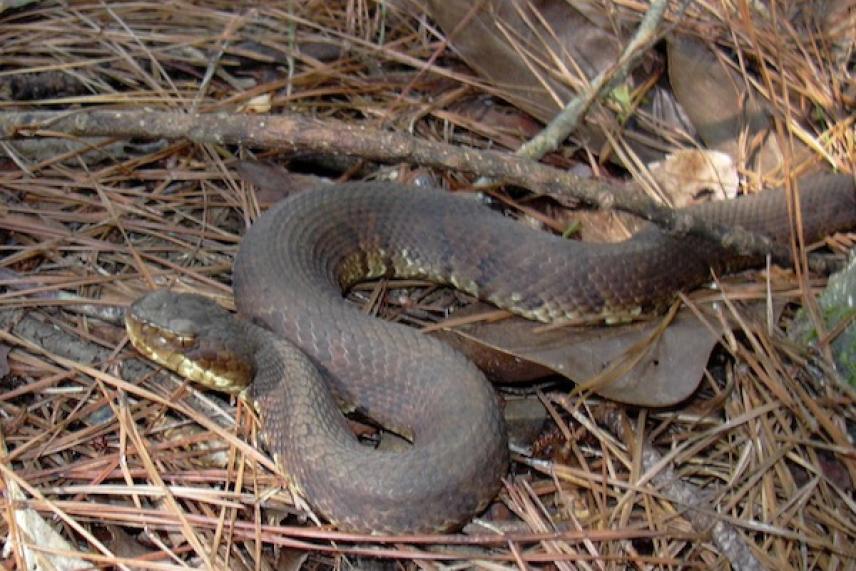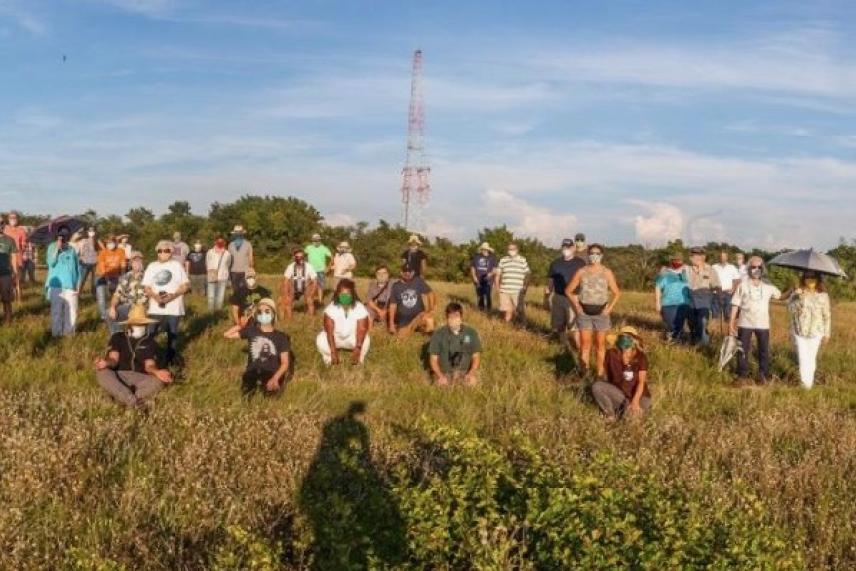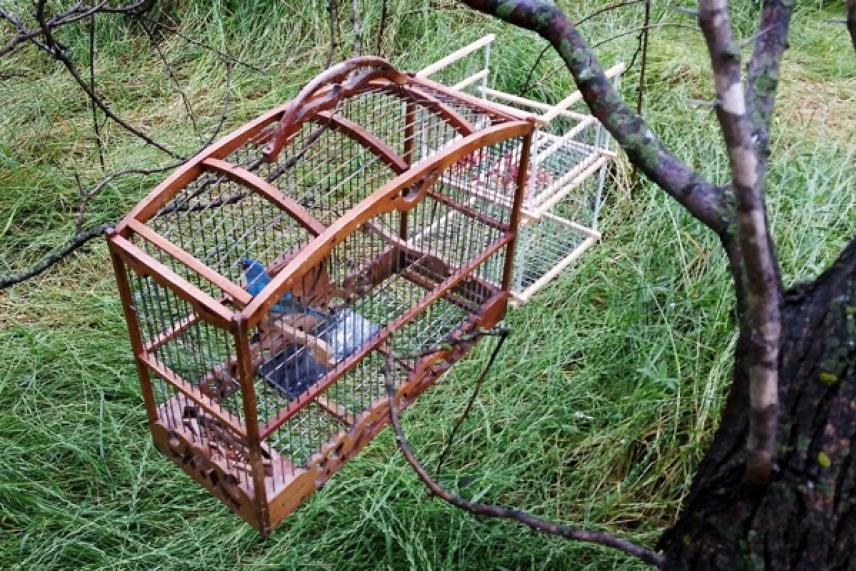Frog songs sweeten nights in North Texas
Frog calls enliven North Texas nights, with male Blanchard’s cricket frogs and Southern leopard frogs engaging in courtship sounds. Amidst their decline due to threats like chytrid fungus, conservation is essential. Residents can help by maintaining habitats and creating frog-friendly environments, enhancing natural insect control and enjoying amphibian songs.
